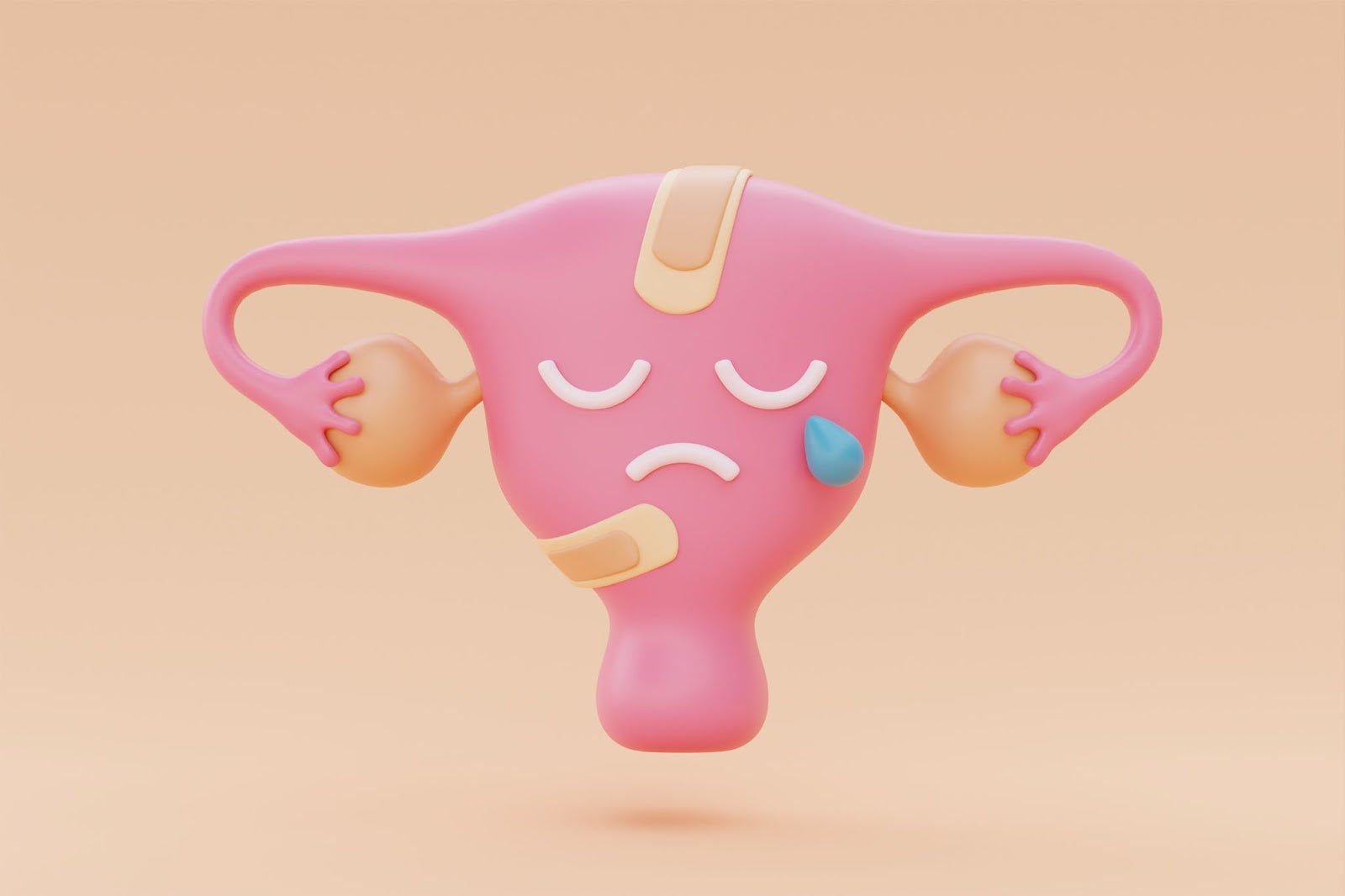Pregnancy is a transformative time, not just physically but emotionally and mentally. While
Much attention is given to physical health, but mental wellness during pregnancy is just as crucial, not only for the mother’s well-being but also for the baby’s development.
In recent years, awareness has grown around prenatal mental health issues like anxiety,
depression, and stress. Let’s explore why mental wellness matters during pregnancy, how to
maintain it, and which supplements may support emotional balance.
Why Mental Wellness in Pregnancy Is Important
1. Impacts Baby’s Development
-
Maternal stress, anxiety, or depression can affect the baby’s brain development
and increase the risk of behavioral and emotional problems later in life.
-
Cortisol (the stress hormone) can cross the placenta, potentially influencing fetal development.
2. Influences on Labour and Postpartum Recovery
-
High stress levels are associated with a greater risk of preterm labour, low birth weight, and complications during delivery.
-
Poor mental health during pregnancy increases the risk of postpartum depression.
3. Essential for Mother’s Quality of Life
-
Pregnancy is already demanding — emotionally healthy women are more likely to feel confident, sleep better, and bond with their baby.
Common Mental Health Challenges During Pregnancy
-
Prenatal Depression: Affects 1020% of pregnant women globally (WHO, 2023).
-
Anxiety: Generalised anxiety or fear about childbirth, finances, or parenting.
-
Mood Swings: Hormonal fluctuations can cause irritability, sadness, or emotional reactivity.
-
Stress and Burnout: From balancing work, relationships, and physical discomfort.
Tips to Maintain Mental Wellness During Pregnancy
1. Practice Mindfulness and Meditation
-
Mindfulness-Based Stress Reduction (MBSR) has been shown to reduce anxiety
and depressive symptoms during pregnancy (Davis et al., 2022).
-
Simple daily practices like deep breathing or gratitude journaling help manage
emotions.
2. Get Regular Physical Activity
Prenatal yoga, walking, or swimming can reduce cortisol levels and boost endorphins, natural mood lifters.
3. Maintain Strong Social Support
Regular interaction with friends, family, or support groups significantly lowers rates of perinatal depression.
4. Sleep and Rest
Quality sleep is essential for mood regulation. Use calming routines or guided meditations to improve sleep hygiene.
5. Professional Therapy
Cognitive Behavioural Therapy (CBT) is safe and effective for treating anxiety and depression during pregnancy.
Supplements That May Support Mental Wellness in Pregnancy
Before taking any supplements, consult a healthcare provider to ensure safety and appropriate dosing.
1. Omega-3 Fatty Acids (DHA & EPA)
-
Benefits: Shown to reduce prenatal depression and support fetal brain
development.
-
Sources: Fish oil, algae-based supplements (for vegetarians).
-
Dosage: ~200300 mg/day of DHA recommended during pregnancy (ACOG, 2022).
2. Vitamin D
-
Role: Low vitamin D is linked to increased risk of depression and anxiety.
-
Sources: Sunlight, fortified foods, or D3 supplements.
-
Dosage: 600–2000 IU/day depending on deficiency status.
3. Magnesium
-
Role: Known as the “relaxation mineral,” magnesium helps regulate
neurotransmitters and stress response.
-
Forms: Magnesium glycinate or citrate are well-absorbed and pregnancy-safe.
4. B Vitamins (especially B6, B9, B12)
-
B6: Helps manage nausea and improves serotonin production.
-
B9 (Folate)and B12: Crucial for mood regulation and preventing neural tube defects.
-
Prenatal vitamins typically cover these, but additional B-complex may help with
energy and mood.
5. Probiotics
-
Emerging research shows a strong link between gut health and mental health (the “gut-brain axis”).
-
Probiotics may help reduce inflammation and improve mood during pregnancy (Dinan et al., 2020).
Suggested Supplements at PicPax
Summary
Mental wellness during pregnancy plays a vital role in both the mother's and baby’s overall health. From reducing the risk of complications to supporting emotional balance, maintaining mental health should be a priority throughout the prenatal journey.
Natural strategies such as mindfulness, regular exercise, quality sleep, and strong social support can significantly improve emotional well-being.
In addition, key supplements like Omega-3s, Vitamin D, Magnesium, and B Vitamins may further support mood stability and stress management.
For moms-to-be seeking a convenient way to get trusted, pregnancy-safe nutrients, explore carefully selected options from PicPax to help you feel your best naturally
Recent References
1.World Health Organization. (2023). Maternal mental health. https://www.who.int/
2.Davis, E. P., et al. (2022). “Mindfulness-Based Interventions and Prenatal Stress.”
Journal of Behavioral Medicine, 45(1), 12–25.
3.American College of Obstetricians and Gynecologists (ACOG). (2022). Nutrition During
Pregnancy: DHA Recommendations. https://www.acog.org/
4.Dinan, T. G., Cryan, J. F. (2020). “Gut-brain axis and neuropsychiatry.” Current Opinion
in Clinical Nutrition & Metabolic Care, 23(2), 101–105.
5.Leung, B. M. Y., et al. (2021). “Vitamin D supplementation and perinatal depression.”
Journal of Psychiatric Research, 133, 45–52.



